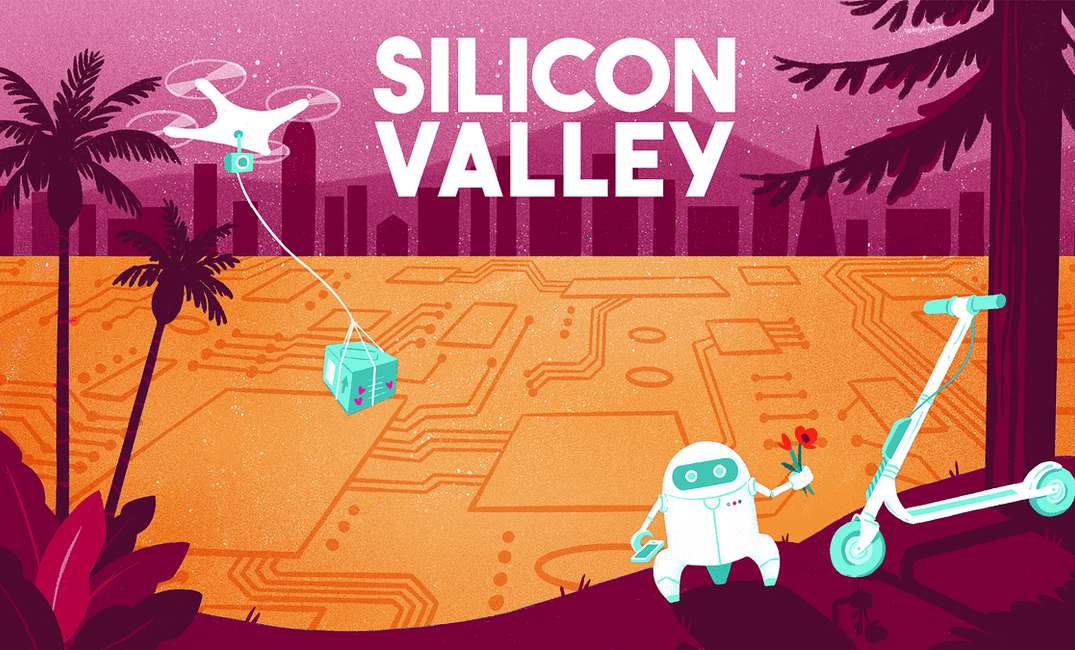The Weirdest Shit to Come Out of Silicon Valley
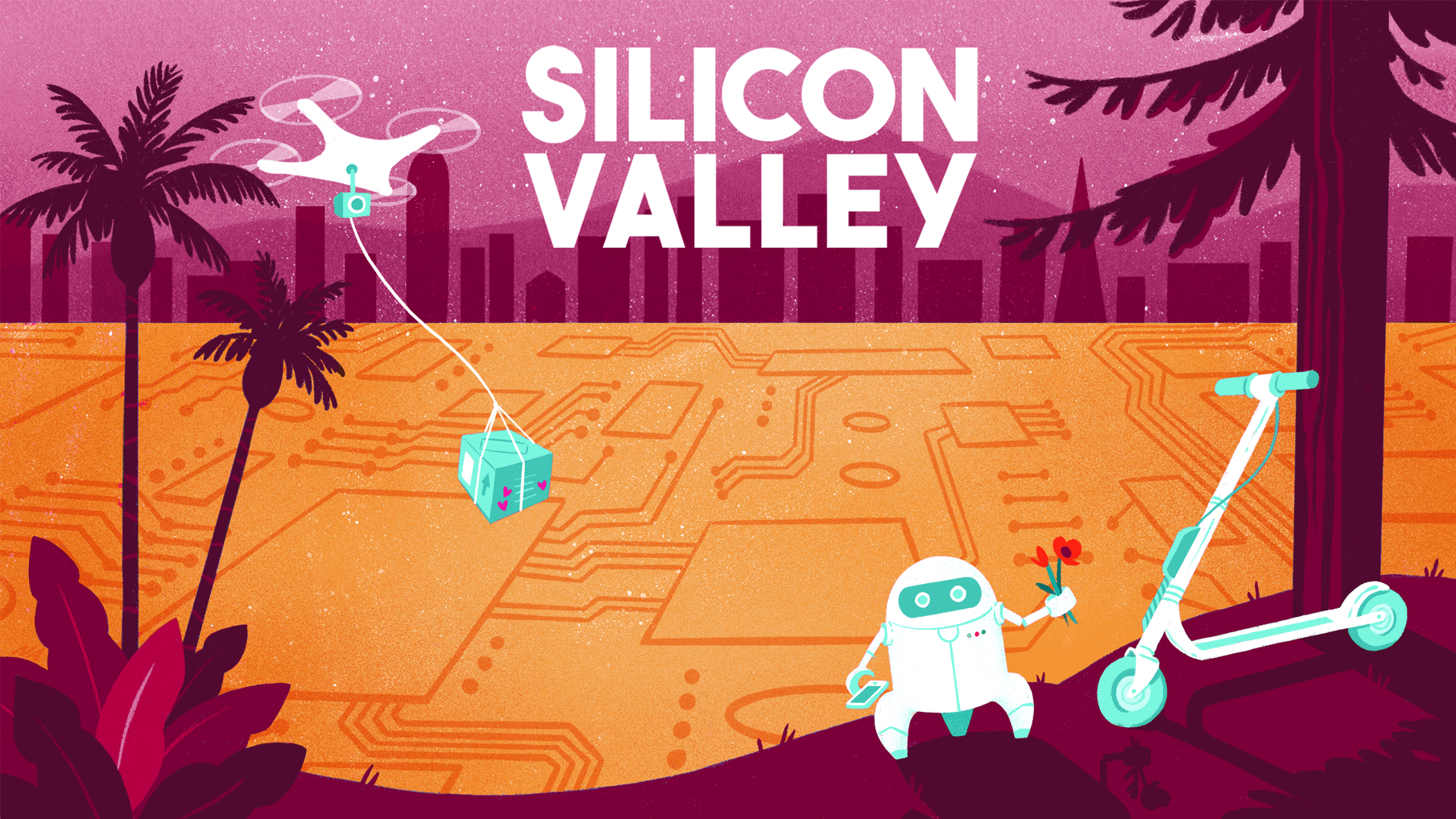
The October release of Two Truths and a Lie, the Silicon Valley Startup Edition is getting a spooky makeover, because who doesn’t love Halloween? (If you don’t, you’re dead to me.)
Out of the following three startups, which is the fake one? One that reanimates dead fish to act as live bait? One that sends your ashes into orbit? Or one that installs friendly spirits in new houses? (Scroll to the bottom for the answers.)
Know of some ridiculous stuff happening in November? Email or tweet me to include it in next month’s edition.
A Fitbit for breast milk

I’ve been on the internet long enough to know that you never want to debate the pros and cons of breastfeeding in a public forum. People get extremely passionate about this issue to the point of insanity. But it’s a struggle for many women, who guilt themselves into feeling like failures. Understanding the quality of their breast milk could go some way toward alleviating that struggle.
At least, that’s what the founders of MyMilk Labs believe, reports TechCrunch. Their first product, Mylee, is a $249 breast-milk sensor that sends the nutrition data of your output to a mobile app, letting nursing mothers know if their breast milk is “delayed” or “advanced.” Basically, are you on track for milkvana, or are you getting a D in that class? While I generally believe that “the more data the better” is a good principle, this product seems like it’s a shaming device with no real upside. Sure, it’ll give you some dietary advice, but that’s just another form of finger-wagging during an already difficult time.
Google and Levi’s smart jean jacket
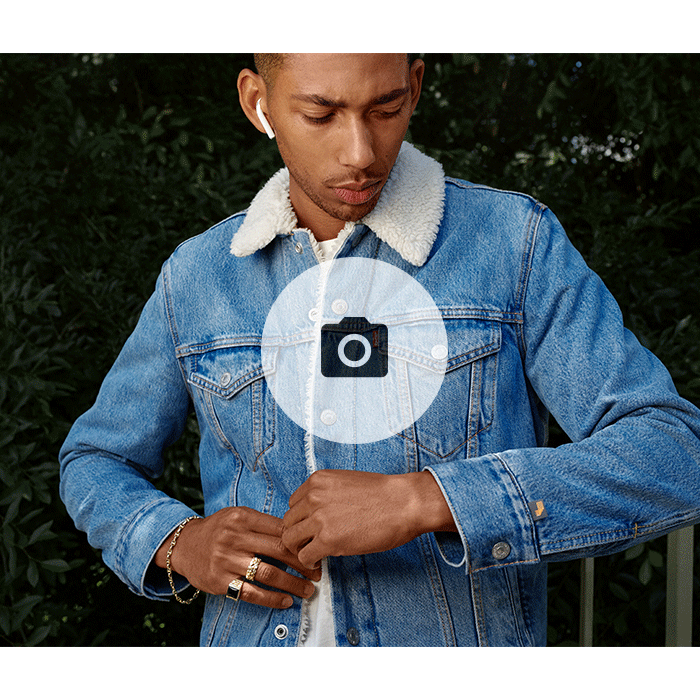
The Google Glass of yesteryear was a worse flop than Snapchat’s Spectacles, but the search-engine giant isn’t giving up on its chance to become the king of wearables. This time around, it seems like they decided that their lack of sales was due to the dork factor, so Google has teamed up with Levi’s to score some cool points. The end result is a connected Levi’s Trucker Jacket with a $198 price tag. The sleeves are woven with touch-sensitive threads, reports the New York Times, and these connect to an insanely small Bluetooth device in the cuff. That means that you can skip to the next song on Spotify with a swipe of the cuff, and your arm will lightly vibrate when you get a text or when your Uber is near (all of this is customizable through the app). Bonus for photographers: it works as a remote trigger for your camera phone, letting you take group selfies with ease. But does anyone need a jacket that essentially serves the same function as an Apple Watch? I’m not sure.
The Bay Area baby ravers
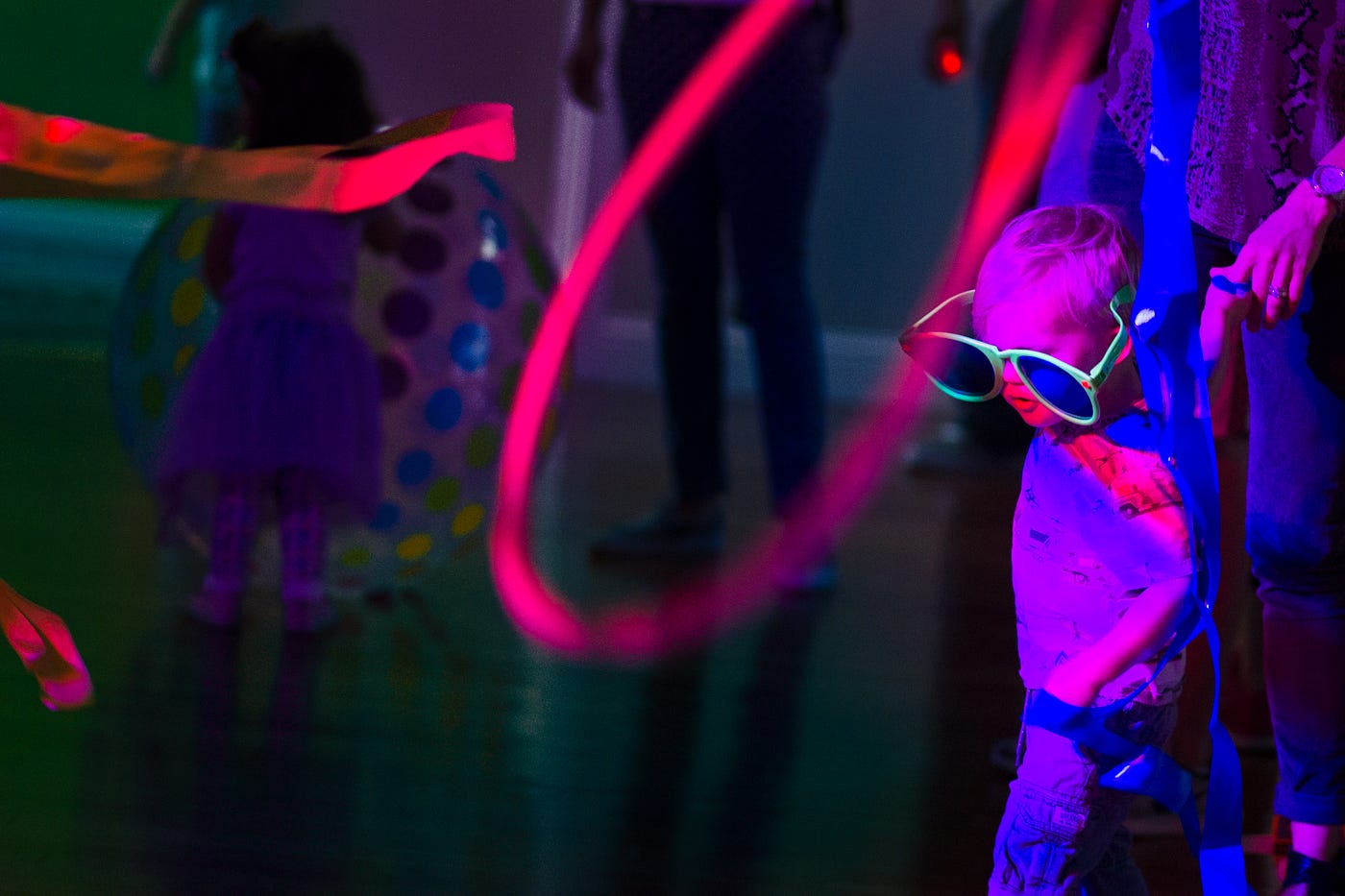
In an unexpected but unsurprising twist of fate, the Bay Area has become a desert for early-childhood-friendly activities. Adults can enjoy steering yellow go-karts up and down the city’s hills, commuting on electric scooters, and pirate-themed bars, but the number of fun options for children under 10 is declining.
But lo! There is a disco ball in the desert. Since 2016, the Bay Area Children’s Theatre (BACT) in Oakland has hosted a monthly Baby Rave for the littles, the LA Times reports, and when the paper says rave, they mean RAVE — all caps. “Get your glow sticks and pacifiers ready,” the Baby Rave flyer reads.
Kids four years old and up stomp around with glow sticks, twirl with Hula-Hoops, and let loose on the dance floor while neon lights flash and DJ E.T. Hazzard mixes electropop beats on the decks. There’s no educational aspect to this, just pure unadulterated fun without any post-rave lessons on how to code a light or engineer the music. And at $7 a ticket, the price is surprisingly low for the Bay Area, so naturally, they’re sold out till April 2020.
The rise of edible barcodes

Counterfeit and gray-market medicinal drugs are a big problem these days, especially for immigrant and minority populations, who are targeted in this black market. There’s no quick and easy way to tell if you’re taking a legit drug or a knockoff, but one company thinks it has found a solution. TruTag Technologies has created microscopic “TruTags:” edible barcodes placed on pills. When scanned, the barcodes provide a lot more data than regular codes, from manufacturer to distributor and user guidelines.
TruTag has just raised $7.5 million in a series C round, bringing its total funding to $25 million, reports PYMNTS. I like that the company is working on a way to easily identify if the drugs are safe, but I’m not sure if they solve the problem — it’s unlikely that most people will own the type of specialized readers necessary to fact-check their pills.
Bedtime stories for plants
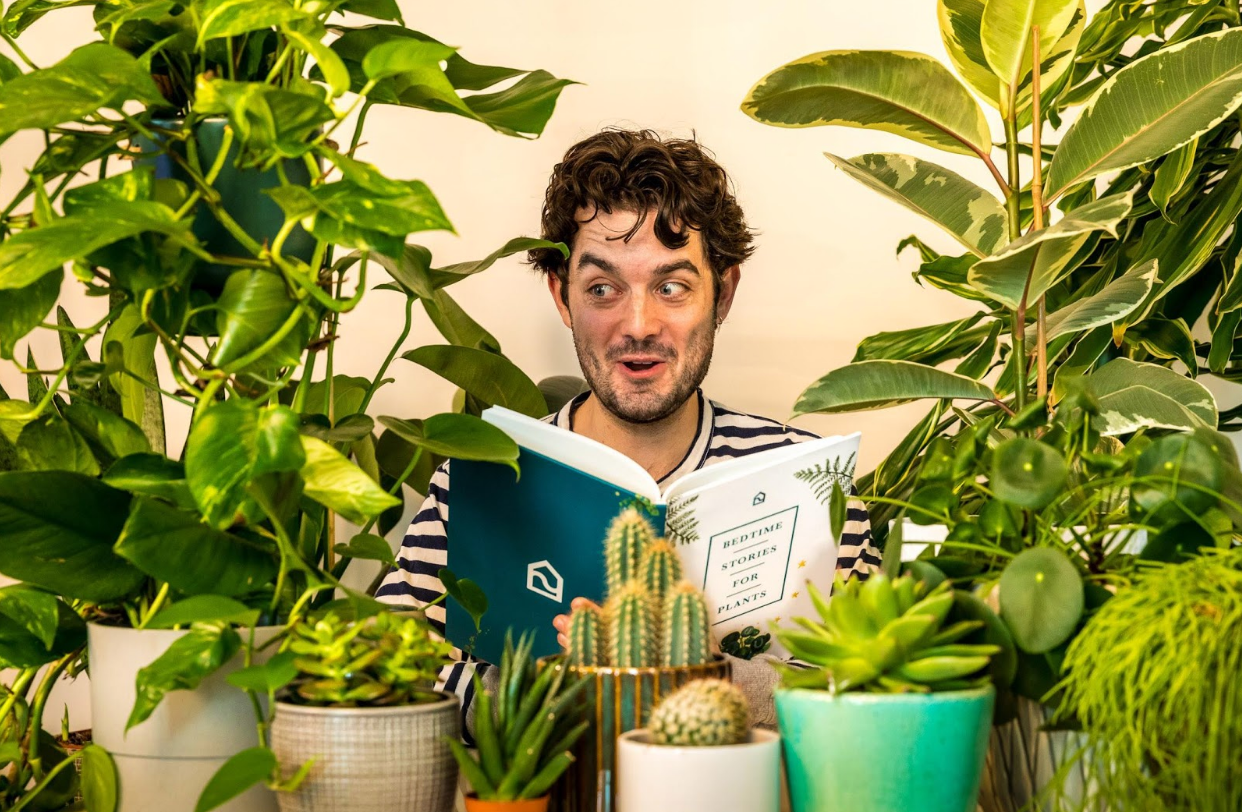
There’s been a deluge of trend reports stating how millennials are the new plant parents and how plants have replaced progeny in an environmentally uncertain world. Apartment-sharing startup SpareRoom has taken that to the next level by launching a book of bedtime stories for plants. With 76% of renters owning at least one plant and 20% talking to their plants, the company knows its market.
Suggested stories to read to your shrubs include “Longing,” in which a house vine is looking for new friends, and “Three Ferns,” in which ferns search for the best home possible. The idea is that constant communication encourages growth, reports the Royal Horticultural Society. You can download the book here, or if you like your plants but not that much, you can download an audio book here and let the comforting tones of a twentysomething British guy soothe them instead.
Sure, it’s a blatant nod for press coverage and clicks, but it’s also a surprisingly astute comment on society today. If this were produced by an art student, we’d praise it. But given that it was designed to boost SEO, it gets an eye roll and a moment of reflection on the world we live in.
Silicon Valley’s songsters
When you think of Facebook and Google employees, it’s easy to conjure up stereotypes of nerdy video-gamers wearing glasses. American Idol doesn’t normally spring to mind, but that’s just what happens in Techapella, where vocally blessed engineers from different companies battle it out, Pitch Perfect–style, to a sea of admirers. Now in its seventh year, the latest showcase occurred earlier this month, with tech teams forgoing their hoodies and jeans for blue blazers, shimmery gold shirts, and elegant hair bows, reported The Six Fifty.
Singers from Facebook’s Vocal Network challenged performers from Apple’s Keynotes and LinkedIn’s InTune singers. Google had multiple teams; onstage, they had the Googapella and the Alphabeats (a play on Alphabet, Google’s parent company). It’s a little ridiculous but also very charming — puns combined with techies warbling Meghan Trainor’s “NO” and Haim’s “Little of Your Love” really gets you in that holiday spirit.
Check out their upcoming gigs here.
Answers to Two Truths and a Lie: The startup that installs friendly spirits is the fake one. Zombait is an electronic fishing lure that reanimates dead fish for bait, and Elysium Space launches ashes into space.



